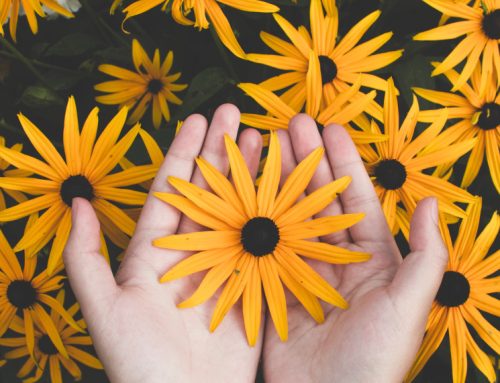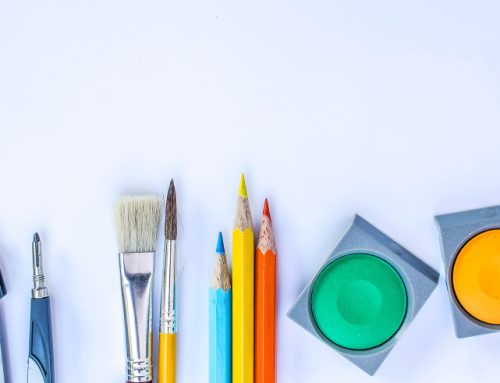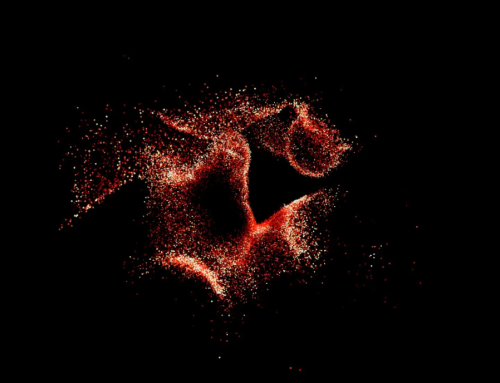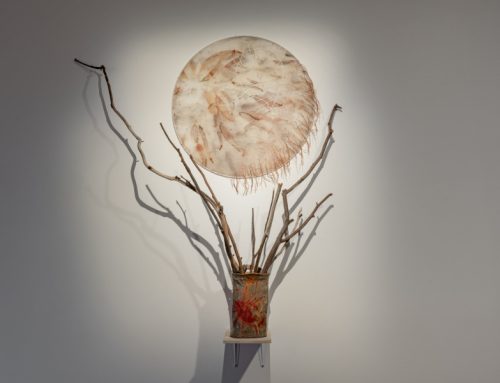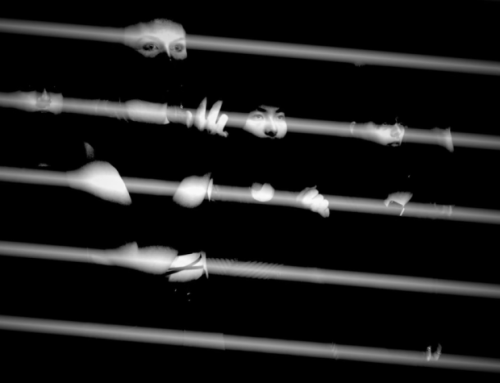Momentum.
I never realised its importance until recently. Blindsided instead by the impacts of Covid-19 on health, employment, education and social isolation, it took a while to grasp the importance of its impact on momentum.
As an independent artist who runs an artist-led organisation (The Cad Factory) within an arts sector that is notoriously unstable, at the mercy of political whims and behind the scenes manoeuvring, I have recently realised that momentum is one of the most valuable resource that we have.
Recently our organisation was presenting work in the UK at The Tate Liverpool, which was proving hugely successful with audiences, and providing rewarding arts and health research while extending cross sector interest in our work. Just four days from the end of our Tate residency, we were informed that the gallery would be shutting in less than 48 hours as Covid-19 started to wipe away projects and public outcomes that have been years in the planning.
This provoked fast decisions to be made. How do we wrap up work that is still being made in the space? What sort of documentation must happen so that we can extend the impacts of the work? What are the loose ends that need to be tied up?
Then overnight, government advise changed from “no need to return to Australia at this stage” to “please return home as soon as possible”, which in itself proved nearly impossible as major transport hubs started to close down; Singapore, Dubai and Abu Dhabi, resulting in us being told that 1) there were no flights home, 2) the Australian Government wouldn’t be supporting extra flights to repatriate Australian citizens and 3) that we would be stuck in the U.K potentially until the end of the year.
The Australian Embassy advised “We do have reciprocal health care arrangement with the U.K, but we expect the UK government to review those and Australian citizens may have trouble receiving health care if the NHS become more overburdened”.
Two days later, as our airline informed us that they have put on two extra flights and could get the four of us home in one weeks’ time for $16,000. Our Insurance company advised us that our policies don’t cover global pandemics.
 One week later, disembarking from our expensive flight home (which was also the first flight in history to travel Heathrow – Darwin – Sydney), we were given a military escort from the airport to our 14 day hotel quarantine, where two days later we were forced to contact our state and federal MPs after having to put our daughter to bed starving after not being given enough food.
One week later, disembarking from our expensive flight home (which was also the first flight in history to travel Heathrow – Darwin – Sydney), we were given a military escort from the airport to our 14 day hotel quarantine, where two days later we were forced to contact our state and federal MPs after having to put our daughter to bed starving after not being given enough food.
Whilst in hotel quarantine, as we were trying to make sense of what had just happened, things such as how will we pay the $16,000 we were just charged to get home? we noticed the public conversation turn towards manoeuvring work outcomes to the digital domain alongside questions of what role artists might play in helping people navigate Covid-19 induced trauma.
As Government programs such as Jobkeeper were being implemented and artists started falling through the cracks, the question was repeatedly asked “What role might artists play in helping us all get through Covid-19”.
For a long time, my practice has tried to be an example of the innate ability that the arts has in exploring complex, traumatic realities; but as I contributed to navigating myself, my family and my arts organisation through the unfolding pandemic, I found myself wondering if we were asking the right question and was there something missing, such as “How might we help artists through this?”
Throughout this pandemic I have resisted the automatic reimagining of artistic practice to an online model. Instead, I understand the value of using this time for the things that I endlessly hear artists asking for; more time in the studio, more time for the fundamentals of arts practice, more time to think, to experiment through complex practices.
“Can you just make a digital outcome instead” is a question I have been asked multiple times. As if these things are un-negotiably transferrable. Sometimes they are, but not by default and not without major rethinking and replanning to make the outcome satisfying, worthy and meaningful.
My response has been inspired by the air hostess on our expensive return flight home “Please give yourself oxygen before giving it to others”. My own arts practice is usually led by feelings of responsibility, and I now understand this as a new responsibility, to give oxygen to myself (and my family, and my organisation) before giving it to others, to enact a process of self-care. Not to automatically look for the ways that we can utilise artists as a tool for recovery when artists themselves are in a process of recovering.
Instead, allowing artists time to focus on our foundations, to give ourselves oxygen, so that when the world opens up again, which it surely will, we will be prepared for the role that is required of us. A role where we continue to provide a place for types of thinking that aren’t always given a place. Where we continue to navigate new paths with our communities while we also explore how we can build opportunities and support for other artists while we do this work.
To celebrate the value that is provided by a type of socially engaged artistic practice that doesn’t propose answers, but instead proposes opportunities to explore questions. An arts practice that moves towards outcomes undefined.
Momentum, I never realised its importance until recently.

